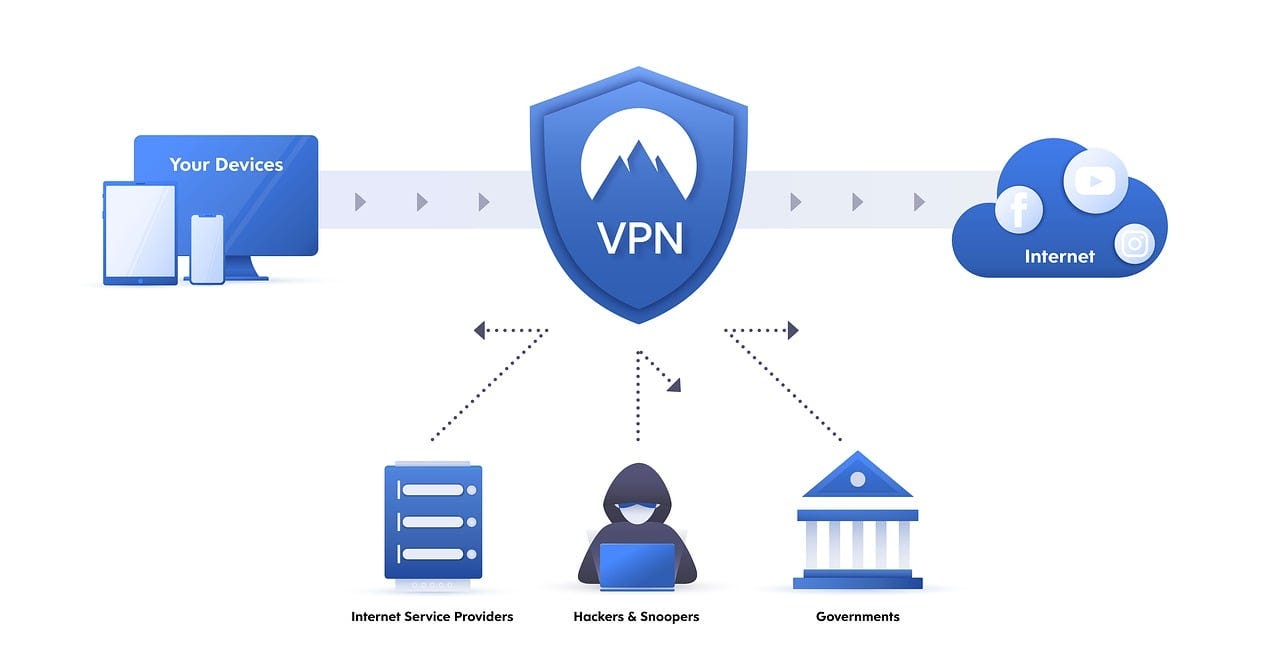Tech
Demystifying VPNs for Everyday Users

With the constant threat of data breaches, surveillance, and cyberattacks looming, individuals are seeking reliable solutions to safeguard their online activities. Virtual Private Networks (VPNs) have emerged as a popular tool, offering a fast lane to privacy and security for everyday users.
Understanding VPNs:
At its core, a VPN is a secure tunnel between your device and the internet. If you’re questioning how VPN works, the gist is that it encrypts your internet connection, routing it through a remote server operated by the VPN service provider. This encryption ensures that your online activities remain private and protected from prying eyes, such as hackers, government agencies, or your Internet Service Provider (ISP).
Encryption and online anonymity:
When you connect to a VPN server, your internet traffic is encrypted, making it unreadable to anyone trying to intercept it. This encryption shields sensitive information like passwords, financial transactions, and browsing history from potential threats. Additionally, VPNs assign you a different IP address, masking your actual location and providing anonymity online.
Benefits of Using a VPN:
Enhanced Security: VPNs create a secure pathway for your data, reducing the risk of cyber threats and hacking attempts.
Privacy Protection: By masking your IP address, VPNs prevent websites and advertisers from tracking your online activities, preserving your privacy.
Access to Restricted Content: VPNs allow users to bypass geo-restrictions, granting access to region-locked content like streaming services, websites, and social media platforms.
Secure Public Wi-Fi: When connected to public Wi-Fi networks, VPNs encrypt your data, shielding it from potential hackers lurking on the same network.
Choosing the Right VPN:
Selecting the appropriate VPN service requires consideration of several factors:
Security Features: Look for robust encryption protocols (such as AES-256), a no-logs policy, and additional security features like a kill switch to ensure anonymity even if the VPN connection drops.
Server Locations: A diverse range of server locations allows for better access to geo-blocked content.
Speed and Performance: Opt for a fast VPN that maintains high-speed connections to ensure seamless browsing and streaming experiences.
User-Friendly Interface: An intuitive interface and user-friendly applications make the VPN easier to navigate for everyday users.
However, it’s essential to note that while VPNs offer significant advantages, they are not a one-size-fits-all solution. Some VPNs may have varying levels of effectiveness, and users should prioritize reputable providers with a track record of prioritizing privacy and security.
Conclusion:
In an era where online privacy is increasingly threatened, VPNs serve as an indispensable tool for safeguarding personal data and maintaining anonymity on the internet. With their ability to encrypt connections, bypass geo-restrictions, and enhance security, VPNs empower everyday users to navigate the digital landscape with confidence and privacy. By understanding their functionality and choosing a reliable provider, individuals can harness the fast lane to online privacy that VPNs provide.
Kenneth is a proud native of sydney, born and raised there. However, he pursued his education abroad and studied in Australia. Kenneth has worked as a journalist for almost a decade, making valuable contributions to prominent publications such as Yahoo News and The Verge. Currently, he serves as a journalist for The Hear Up, where he focuses on covering climate and science news. You can reach Kenneth at [email protected].










